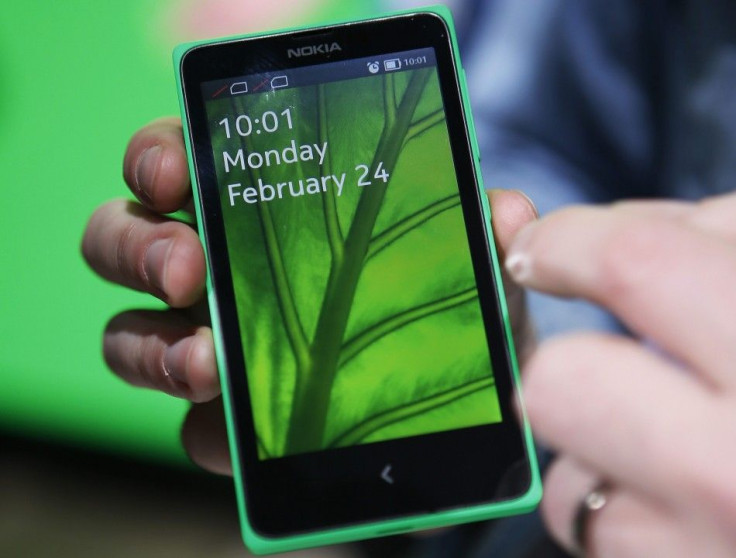Diving Into the Emerging Market: The Battle Begins With Less Expensive Smartphones

Several companies debut in the Mobile World Congress this week some of their handsets, whose price is below $200. Nokia Corp. has introduced the new line Nokia X that runs Android OS with a price starting at $120. BlackBerry unveiled Z3, which costs under $200. It will come out to the market in Indonesia this spring, then to Southeast Asia. Other companies are already offering mobile devices for less than $100.
ZTE Corp. , a Chinese company, announced a Mozilla Firefox OS phone that will be priced at $80. Mozilla said it will introduce a device with a chipmaker from China this year that will be sold for $25.
While Apple and Samsung high-end phones dominate the markets of developed countries, when component costs will drop and features stay the same, it will be difficult to distinguish among smartphones. Pressure could intensify on giant companies' pricing and profit margins and so the battle begins.
Boutique investment bank Rutberg & Co. Managing Dir. Rajeev Chand said the lower-end segment is where the growth is. There are about 800 phones having limited features sold worldwide in 2013.
When Price Matters
For some consumers, price still matters and Nokia agrees. The firm's mobile phone head Timo Tokkanen said "the fastest growth really is in the affordable smartphone space." A few bucks may not be a big deal in the U.S. or Europe; but for developing countries, they make a big difference.
Firefox browser maker Mozilla is more aggressive in pushing the prices down. It targets those who never had Internet access via mobile devices. Many people may have mobile devices with only the basic features and $70 for a smartphone can be a substantial investment - the cheaper, the better.
Mozilla currently collaborates with Spreadtrum Communications Inc. to create a $25 phone, which is expected to be released this year. The device will have 128 MB RAM and 3.5-inch screen. Samsung Galaxy S5 has 2GB RAM and 5-inch screen.
Johnathan Nightingale, Mozilla Firefox browser and OS business head, said the phone prototype does not and supposed not to feel like Galaxy S5. But it has apps and can access the Internet.
The 'cheap phones' trend may also soon takeover in developed countries, when carriers will let go of their practice of subsidizing phone buys to lock customers to long-term use and contracts. According to Chand, as subsidies decrease, prices of devices will be under pressure.
"How do you get someone to buy your product? You lower the price," Chand saying when interviewed by Wall Street Journal.




















